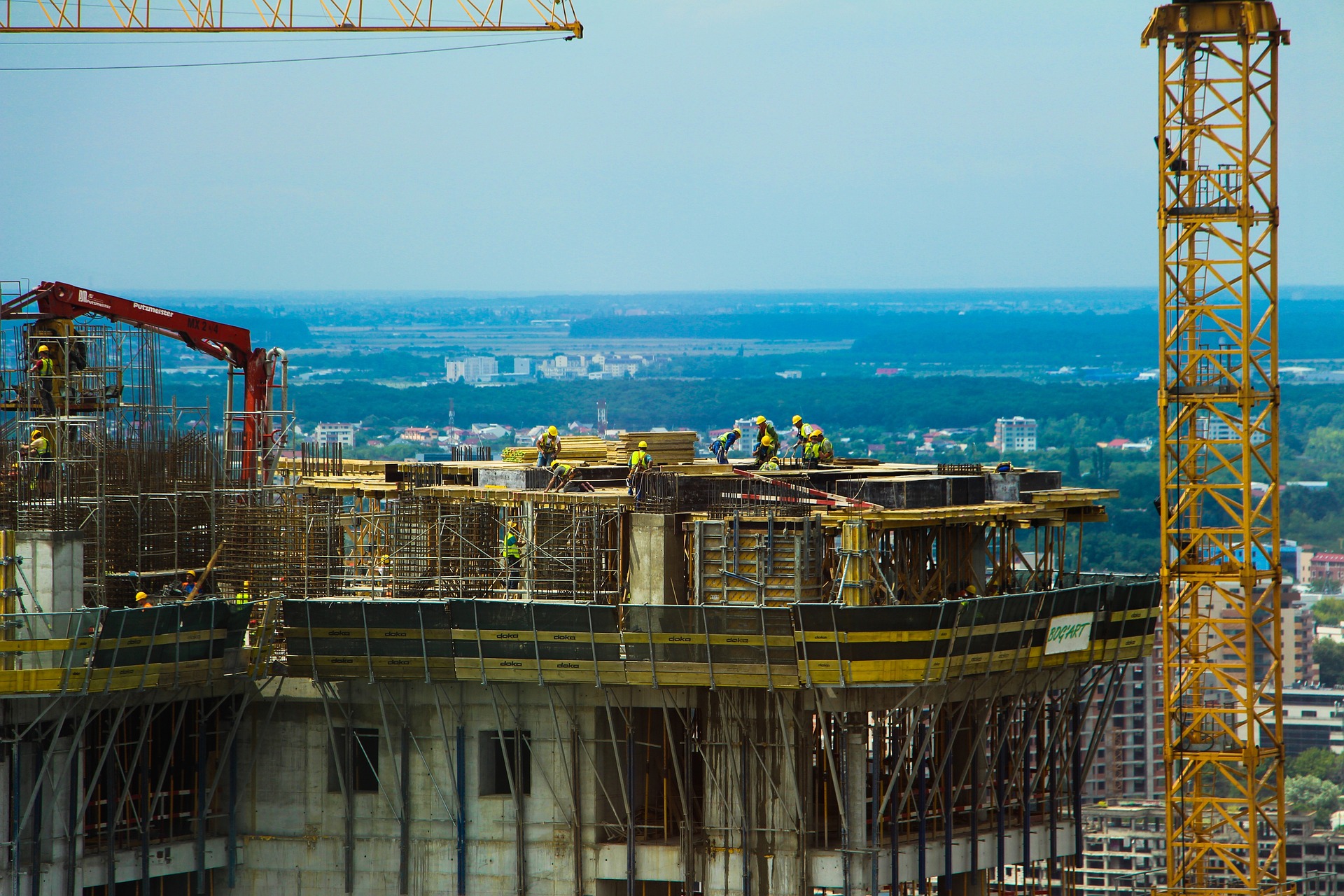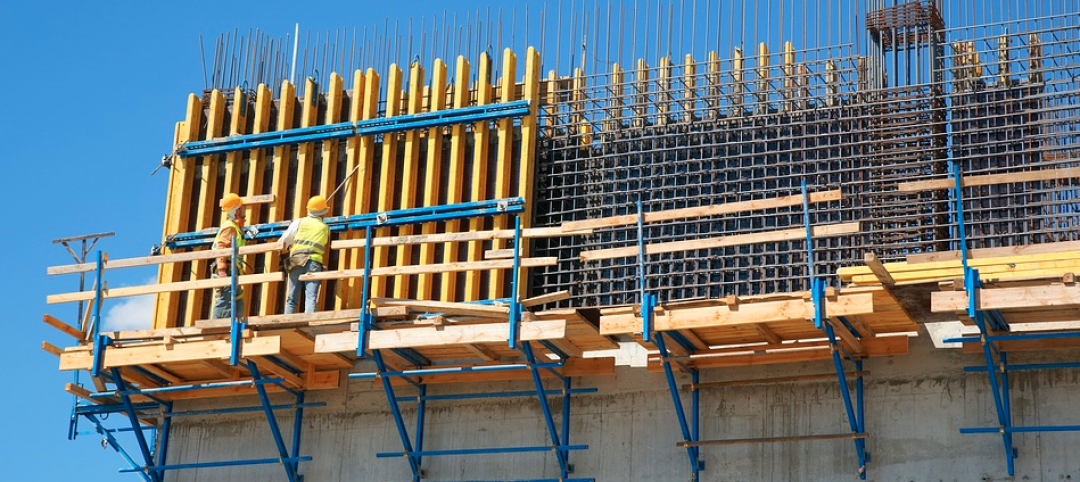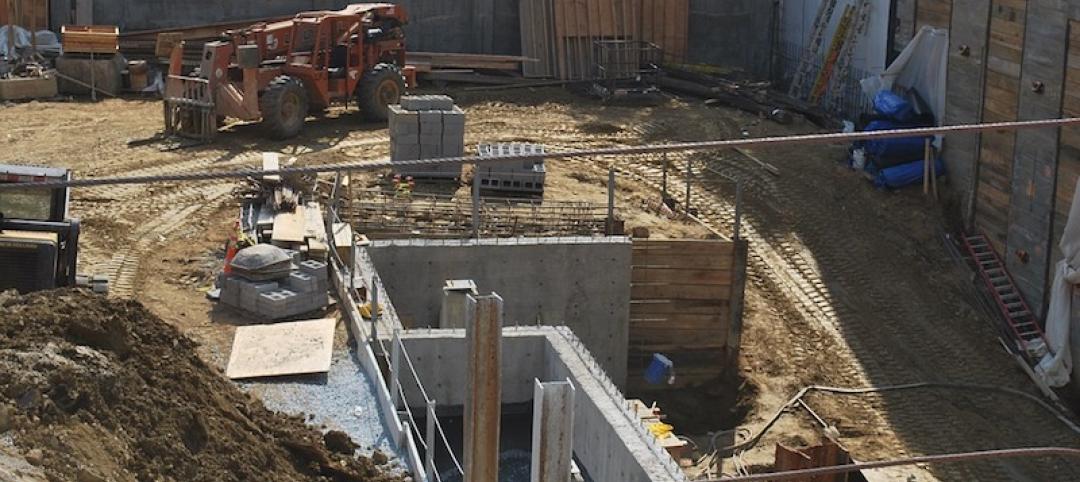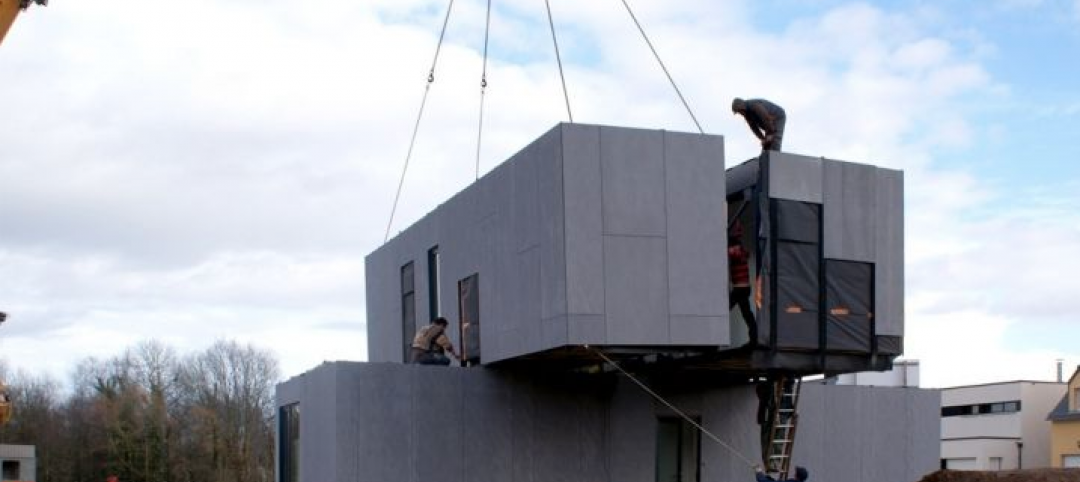Associated Builders and Contractors reports today that its Construction Backlog Indicator declined 0.2 months to 9.0 in January, according to an ABC member survey conducted Jan. 20 to Feb. 3. The reading is 1.0 month higher than in January 2022.
View ABC’s Construction Backlog Indicator and Construction Confidence Index tables for January. View the historical Construction Backlog Indicator and Construction Confidence Index data series.
Despite the decline in January, backlog remains elevated by historical standards and is 0.1 months higher than in February 2020, the month before the COVID-19 pandemic began to impact the economy.
ABC’s Construction Confidence Index reading for sales, profit margins and staffing levels increased in January. All three readings remain above the threshold of 50, indicating expectations of growth over the next six months.
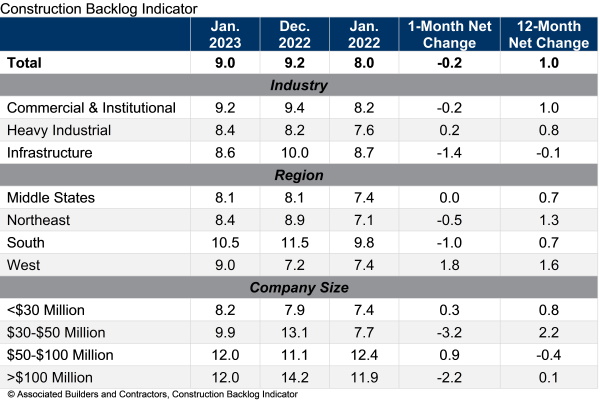
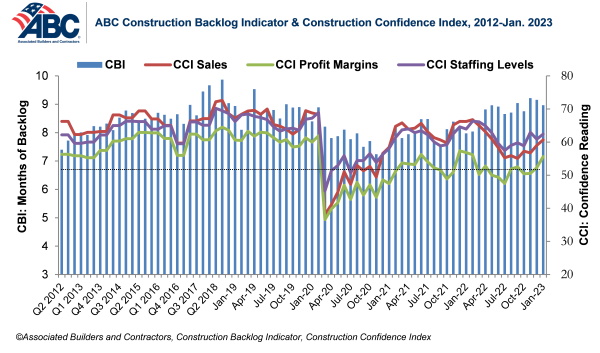
“Despite extremely elevated borrowing costs, worker shortages and a generally downcast economic outlook, contractor confidence rebounded in January to a level not seen since the first half of 2022,” said ABC Chief Economist Anirban Basu. “Given the recent employment report, the U.S. economy continues to fend off recession. Some economists have concluded that rather than a hard or soft landing, the U.S. economy is headed for ‘no landing,’ meaning that economic growth will continue despite rising interest rates.
“However, the incredibly strong January jobs report makes it more likely that the Federal Reserve will maintain higher borrowing costs for a longer period,” said Basu. “Eventually, that could cause the economic expansion to unravel, perhaps later this year. That could set the stage for diminished backlog and less confidence for contractors that specialize in privately financed projects as 2024 approaches.”
Related Stories
Contractors | Oct 24, 2018
How seasoned construction pros handle the cost of scaling up
Here’s how seasoned operators meet the new demand for homes, offices and new locations without drowning in new expenses.
Contractors | Oct 2, 2018
Nonresidential spending reaches new high in August
Total nonresidential spending stood at $762.7 billion in August, an increase of 8.4% compared to one year ago.
Contractors | Oct 2, 2018
Katerra adds a Denver-area GC to its growing stable
Bristlecone Construction brings self-performing expertise in concrete and framing.
Architects | Sep 14, 2018
We’ve entered the golden age of brain science. What does it mean for AEC firms?
New research from the SMPS Foundation explores the known principles and most recent research surrounding the human brain and behavioral science. The goal: to discover connections between the science and the AEC business.
Contractors | Sep 5, 2018
Lean, tech, talent training highlight contractor innovations
From 5D estimating tools to interactive punch lists, the nation’s largest construction and construction management firms continue to push technology to gain an edge.
Modular Building | Aug 6, 2018
More contractors are turning to offsite production for speed and quality
Skender launches an advanced manufacturing division. Katerra ups its bet on modular. Prefabrication comes to the rescue on multiple projects.
Architects | Aug 1, 2018
Client experience as competitive advantage for AEC firms
Clients are looking for solutions to their business problems from collaborative advisors. They’ve come to expect a higher level of service and detail than what was provided in the past.
Codes and Standards | Jul 31, 2018
Workers allegedly held in captivity by construction subcontractor in San Jose pay theft case
Contractor pays $250,000 in back wages in Dept. of Labor enforcement action.
Building Team | Jul 30, 2018
Construction tech is the new investment darling for VC funds
In the first half of 2018, venture capital firms invested $1.05 billion in global construction tech startups, setting a record high.
Modular Building | Jul 23, 2018
Offsite construction: Why it’s important for the survival of your firm
The industry is approaching its “heart attack moment,” with so many large projects that are chronically late, over budget, and unprofitable, writes FMI Capital Advisors’ Michael Swistun.


